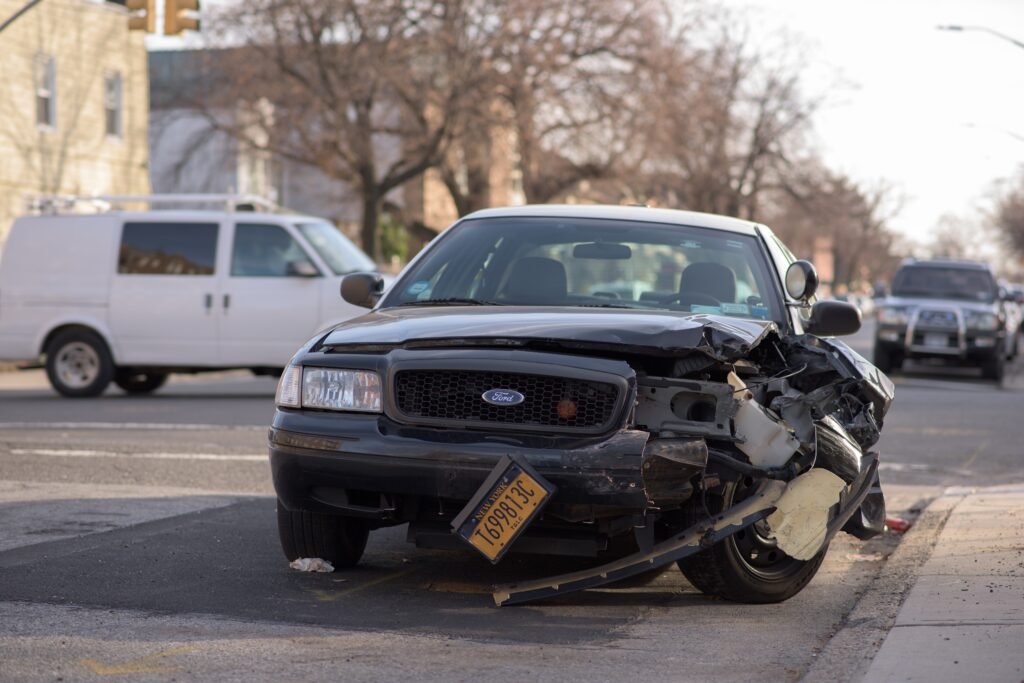
If you’ve been involved in a car accident in which you sustained injuries and other damages to your car, the first thing you consider is to pursue a legal claim against the other driver involved in the collision. However, on the contrary, the other driver may falsely accuse you of being at fault, and you might not be able to recover the compensation for your losses. Car accidents can be complicated, especially when it comes to assigning fault. Worse, sometimes, the officer assigned at the scene of an accident may also agree with the other driver and hold you accountable for the accident.
In that case, if you believe you’ve been unfairly blamed for the accident, here’s what you need to know:
- You should inform the other party involved that you want to dispute their claim.
- Usually, disputing the claim for a car accident means fighting against the other party’s car insurance company.
- Next is proving your case which requires a lot of hard work and evidence that can support your claim. That’s where a car accident lawyer can help you get compensation for a car accident that was not your fault. They can offer you the legal support that investigates your case and guide you through the legal process.
You should alert and notify the insurance company immediately after an accident that you disagree with their fault finding and intend to take action by submitting additional evidence.
Your Insurer starts to investigate
The officer might blame you for the accident; however, their opinion does not carry much legal weight. It is the job of the insurance companies to prove liability by collecting the evidence and analyzing it. However, if both the parties do not agree on the liability, the case may proceed to trial.
Most insurance companies hire insurance investigators whose main responsibility is investigating and discovering insurance fraud or liability. You will be assigned an insurance adjuster to interview you and other witnesses to evaluate your case. They will also inspect the vehicles involved in the accident and look into the clicked photos of the accident site. They don’t want to pay compensation unless they have to, and hence examine the case properly.
In several instances, the 2 insurance companies do not agree on who is to blame. Your insurer may assume you are not at fault, yet the other driver’s insurer is adamant about blaming you. In this circumstance, the case may go to trial.
However, after an enquiry, your insurance company may agree that you were at least partially to blame for the collision. If this is the case, the insurance will compensate those injured, which is a tremendous relief. That’s where insurance helps in protecting you in the case of a claim.
What to do if you are uninsured?
Anyone uninsured is solely responsible for their defense. This means you would be in charge of:
- Investigating your case, including contacting and interviewing witnesses
- Sending local authorities to the scene.
- Take photos of the accident scene and the position of the vehicles
- Obtaining critical physical evidence, such as inspecting the vehicles involved in the accident
- Hiring and paying for your attorney in a lawsuit
- Contact emergency medical personnel if someone appears to have sustained a major injury.
Your insurance premiums may rise.
If you were at fault for a collision, your premiums might rise. Varying insurance companies have different definitions of an unacceptable driving record. If you have a history of significant negative records such as traffic violations and tickets or accidents, your insurance company may opt not to renew your policy. However, the amount varies depending on several circumstances.
Hire an Attorney
If an attorney does not represent you, you’re more likely to be ignored by an insurance adjuster, especially if they claim to have all the proof against you.
It is best to have a car accident lawyer on your side during the entire procedure to help you navigate your disputes and claims. Your lawyer can assess your claim, examine the facts, and help you receive the compensation you deserve for your losses.



